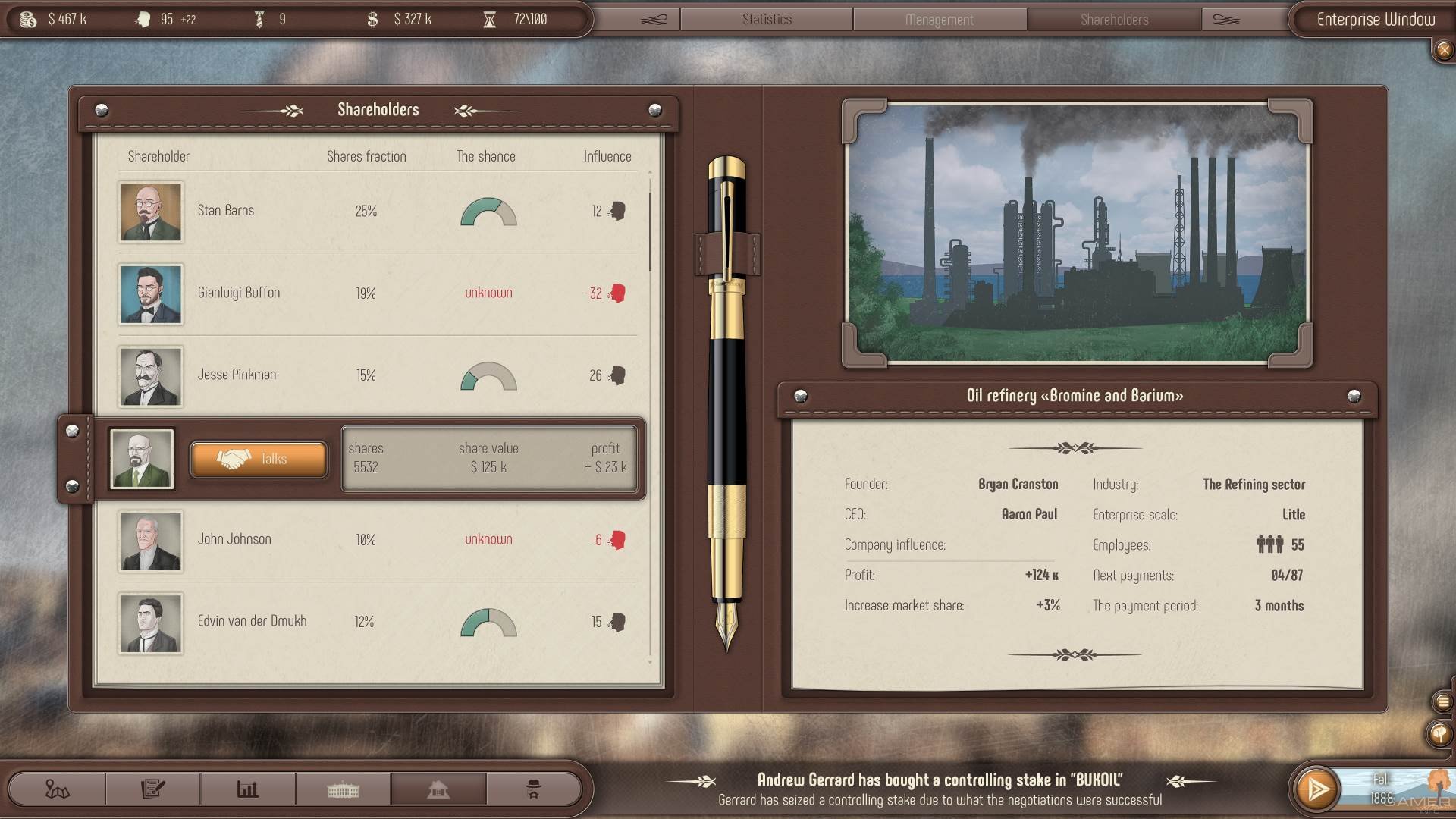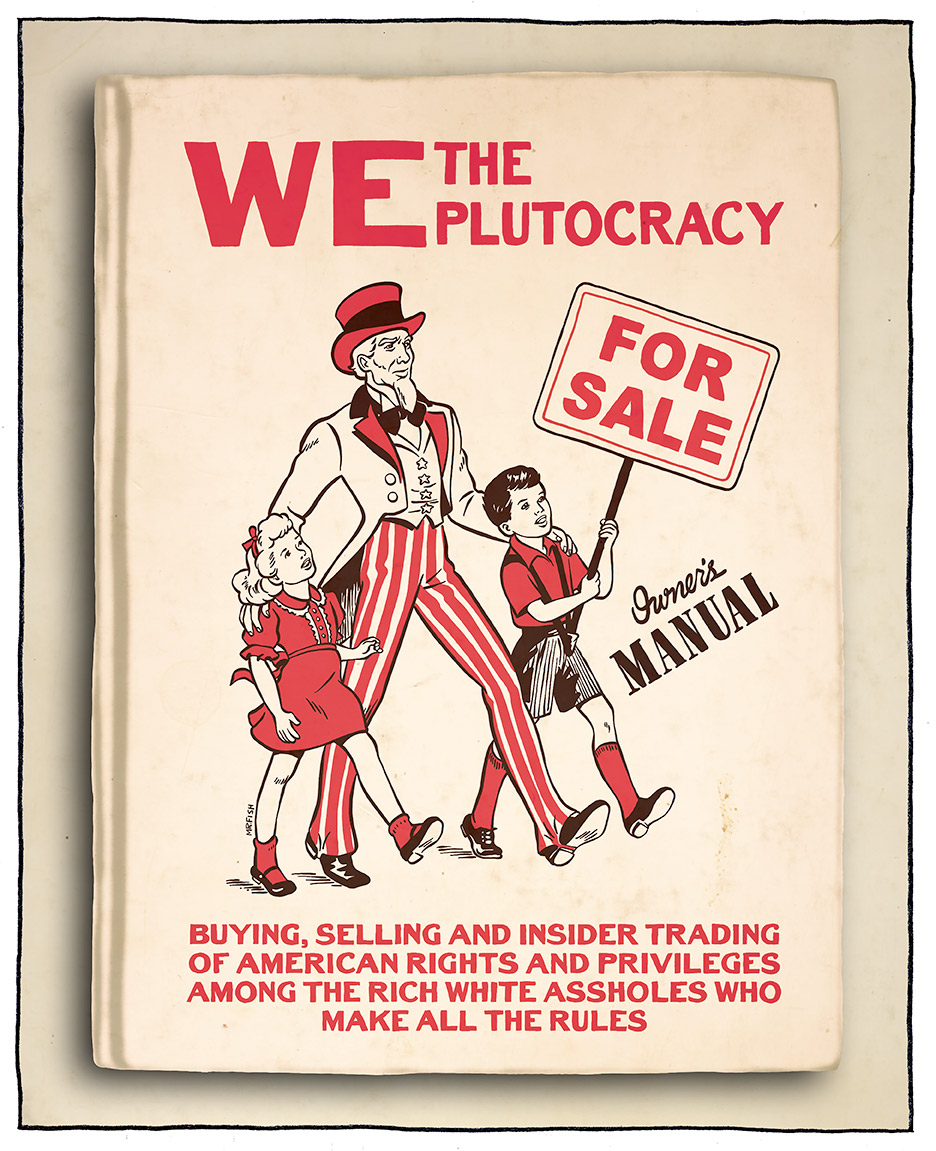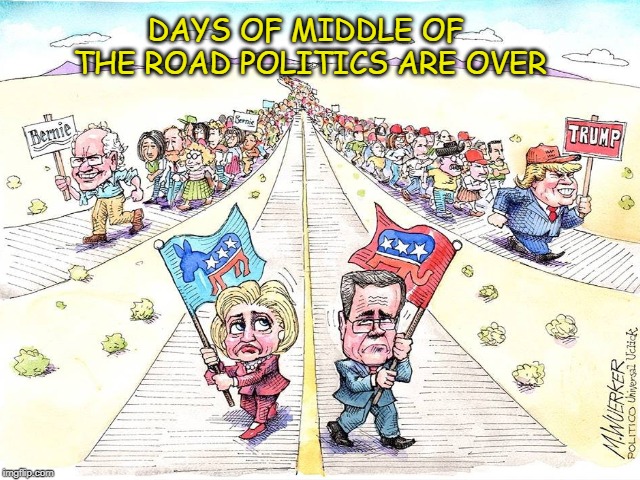


How or why did we arrive at this point, where capitalism essentially stands uncontested?Ĭapitalism beat all other alternatives. Q: The premise of Capitalism, Alone is that for the first time, a single economic system rules the world.

In order to learn more about what he believes to be the future of capitalism, we recently interviewed Milanovic, a visiting presidential professor and core faculty at CUNY’s Stone Center on Socio-Economic Inequality, on the differences and similarities between authoritarian and liberal capitalism and why, without major reforms, our current system would inevitably lead to plutocracy. The following interview has been edited and condensed for clarity and length: In books like The Haves and the Have-Nots (Basic Books, 2011) and Global Inequality (Belknap Press, 2016), he has traced the rise of inequality through a wide historical lens.Ĭapitalism, Alone is a continuation of Milanovic’s previous work on inequality, an ambitious, provocative examination of the political, social, and economic implications of capitalism’s ultimate triumph. As an academic, he has spent decades studying the effects of globalization and the changing global income distribution. Milanovic, an economics professor at the City University of New York Graduate Center and former lead economist in the World Bank’s research department (also, a ProMarket contributor), is one of the world’s leading thinkers on inequality. Both, he writes, are vulnerable to inequality, social unrest, and oligarchic rule. The world, writes Milanovic, is currently divided between two competing models of capitalism: liberal capitalism, represented by the US, and the sort of authoritarian capitalism best exemplified by China. The triumph of capitalism, however, has not been achieved through the utopian victory of democratic liberalism that had many in thrall back in the 1990s. Once upon a time, capitalism had to share the world with various feudal-like systems, and later it had to compete against communism, but now it stands uncontested as the world’s only mode of production. For the first time in history, he writes in his new book Capitalism, Alone, a single economic system rules the entire world. The problem with this narrative, says Branko Milanovic, is that capitalism is not in crisis-in fact, in his telling, it’s quite the opposite.

Democratic presidential candidates Elizabeth Warren and Bernie Sanders have each proposed detailed plans that would remake (or restore) American capitalism, and even the CEOs of Business Roundtable are now trying to jump aboard the “crisis of capitalism” bandwagon. Inequality has reached historic proportions, more and more wealth and power are concentrated in fewer hands, and millions of outraged Americans-subjected to a system that rewards predatory behavior and allows monopolists and oligopolists to act with impunity-are purportedly turning to socialism. Since 2008, the view that capitalism is in crisis has become increasingly prevalent. I’ll also post the conferennce schedule with the video links below, in the hopes that you will also be able to get to the videos directly from here, but if the links below don’t work you can get the videos from the Stigler page by following he link above.In an interview with ProMarket, CUNY Graduate Center economist Branko Milanovic discussed the differences and similarities between US-style and China-style capitalism and explained why, without major reforms, liberal capitalism could lead to plutocracy.
#Welcome to plutocracy full
Sorry for yet another follow-up post on last month’s Populist Plutocrats conference, but I wanted to let interested readers know that, in addition to the unedited recording of the full conference, the good people at the University of Chicago’s Stigler Center have made available edited videos of each of the conference, which you can access from the conference webpage.


 0 kommentar(er)
0 kommentar(er)
